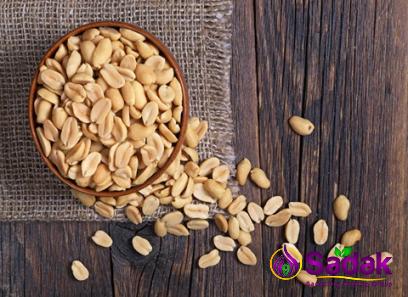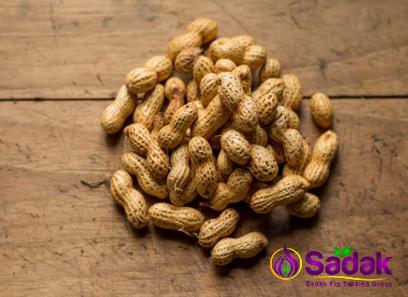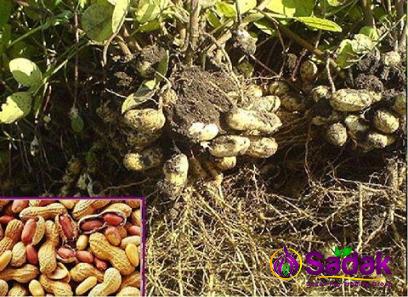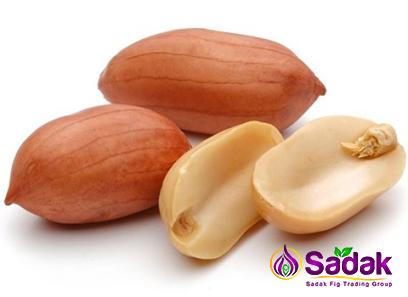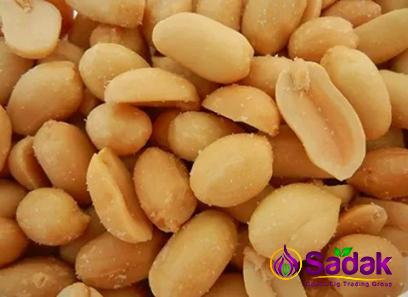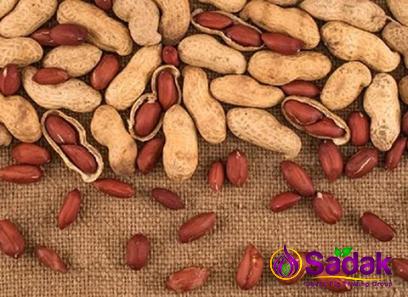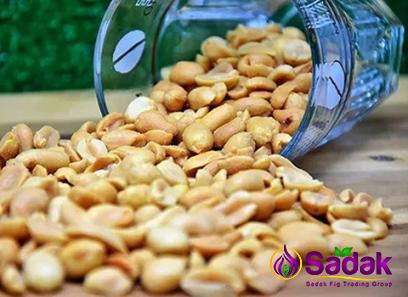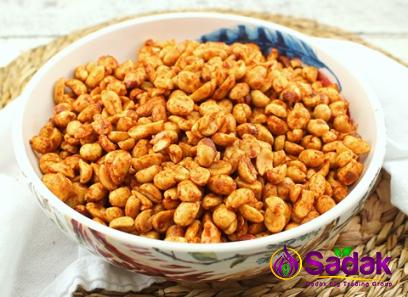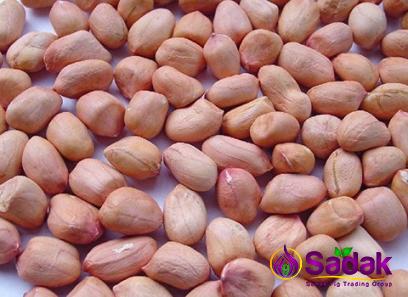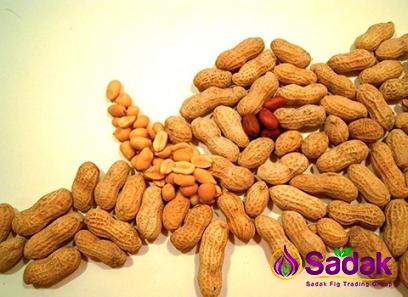India has emerged as one of the world’s largest producers and exporters of cashew nuts. With a favorable climate, extensive cultivation, and technological advancements, the country has witnessed significant growth in both domestic consumption and international trade of cashews. This summary provides an overview of the cashew market in India, exploring its production, processing, export potential, and challenges.
1. Cashew Production in India:
India ranks as the largest producer of cashews globally, accounting for around 22% of the total global production. The major cashew-producing states include Maharashtra, Kerala, Andhra Pradesh, Tamil Nadu, and Karnataka. The favorable climate and abundant availability of land make these regions highly suitable for cashew cultivation. The annual cashew production in India has been steadily increasing, reaching around 800,000 metric tons in recent years.
2. Cashew Processing Industry:
India has a well-established cashew processing industry, with over 4,000 registered cashew processing units. The majority of the processing units are located in the states of Maharashtra and Kerala. These units employ advanced technologies and machinery to efficiently process cashew kernels, ensuring high-quality products. The processing industry provides a significant source of employment, particularly for rural and semi-urban populations.
3. Export Potential:
India is a major exporter of cashew nuts, supplying to both developed and developing countries. The export market for Indian cashews has witnessed substantial growth due to their superior quality, competitive pricing, and adherence to international standards. The major export destinations for Indian cashews include the United States, the European Union, the Middle East, Southeast Asia, and Africa. With a focus on product diversification and value addition, the Indian cashew industry has successfully captured a significant share of the global market.
4. Supportive Government Policies:
The Indian government has implemented several policies and schemes to support the cashew industry’s growth. These initiatives include subsidies for cashew cultivation, development of cashew processing clusters, research and development programs, and export promotion schemes. Additionally, the government has taken measures to improve infrastructure, transportation facilities, and market linkages for cashew producers and exporters.
5. Challenges Faced by the Cashew Industry:
Despite its significant growth, the cashew industry in India faces several challenges. Some of the key issues include:
a. Supply Chain Management: Ensuring a consistent supply of raw cashews is crucial for the industry. India heavily relies on imported raw cashews, and any disruptions in the supply chain can adversely impact processing units.
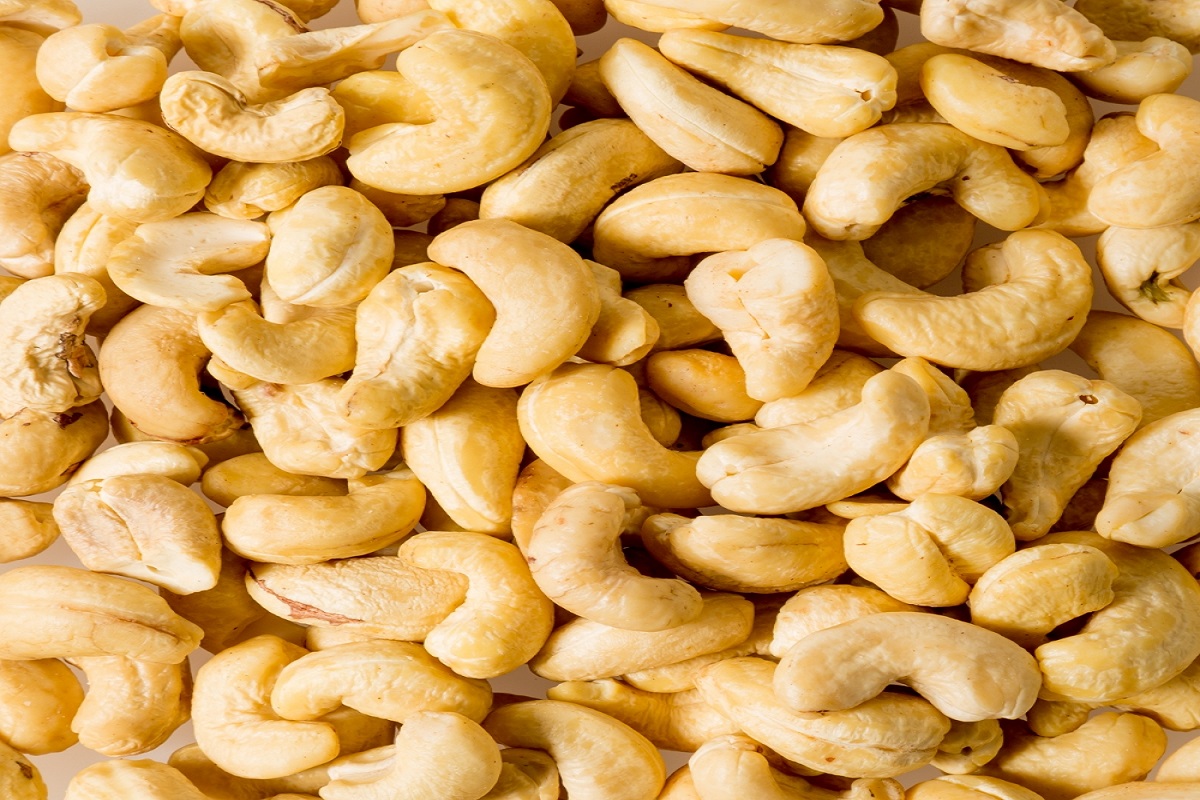
b. Quality Control: Maintaining consistent quality is essential for sustaining India’s reputation in the global market. The industry needs to invest in equipment, technology, and training to meet international quality standards consistently.
c. Price Volatility: The cashew market is subject to price fluctuations due to factors like weather conditions, global demand, and supply chain disruptions. Price volatility can cause uncertainty for both farmers and exporters.
d. Competition from Other Cashew-Producing Countries: India faces stiff competition from countries like Vietnam, Brazil, and Tanzania in the international cashew market. These countries have lower labor and production costs, enabling them to offer competitive pricing.
e. Outdated Technology: Some cashew processing units in India still use older, manual methods, which can limit productivity and efficiency. Upgrading to modern processing technologies can help improve the overall efficiency of the industry.
Conclusion:
The Indian cashew market has witnessed impressive growth in recent years, supported by favorable government policies, a robust processing industry, and a strong focus on export potential. India’s position as the largest producer and exporter of cashews highlights its potential in the global market. However, the industry must address challenges related to supply chain management, quality control, price volatility, competition, and technology. By addressing these issues, India can further strengthen its position as a leading player in the global cashew market.The Cashew Market in India: A Comprehensive Overview
1. Current Market Trends:
The cashew market in India is witnessing several notable trends that are shaping the industry’s growth. One key trend is the increasing demand for organic and sustainably sourced cashew nuts. Consumers globally are becoming more conscious of their food choices and are opting for products that are free from harmful chemicals and produced in an environmentally friendly manner. Indian cashew producers are responding to this demand by adopting sustainable farming practices and obtaining organic certifications.
Additionally, there is a growing preference for value-added cashew products, such as flavored and roasted cashews, cashew butter, and cashew-based snacks. These products are gaining popularity due to their nutritional benefits and unique flavors, presenting an opportunity for cashew processors to diversify their product portfolios and cater to changing consumer preferences.
2. Technological Advancements and Innovation:
The cashew industry in India is witnessing significant technological advancements that are revolutionizing the processing methods and improving efficiency. Automated cashew nut shelling machines, sorting equipment, and state-of-the-art drying facilities have been introduced to streamline the processing operations, reduce labor costs, and increase production capacities. These technological advancements are crucial to meet the growing demand for cashew products both domestically and internationally.
Furthermore, innovation in packaging techniques, such as vacuum sealing and modified atmosphere packaging, ensures the preservation of cashew nuts’ quality and extends their shelf life. These advancements enable exporters to maintain the freshness and taste of cashews during transit, expanding market reach and ensuring customer satisfaction.
3. Domestic Consumption:

While India remains a significant exporter of cashew nuts, there is also a substantial market for cashews within the country. Cashews are a popular snack consumed by people of all age groups, and their nutritional benefits contribute to their growing domestic demand. Additionally, cashew kernels are used in the preparation of various dishes, sweets, and confectionaries, further driving domestic consumption. The rise in disposable income, changing lifestyles, and increasing awareness of health benefits associated with cashews have all contributed to the growth of the domestic market.
4. Opportunities for Value Addition:
The cashew market in India offers ample opportunities for value addition. Apart from conventional cashew kernels, cashew nut by-products such as cashew shell oil, cashew shell cake, and cashew nut shell liquid (CNSL) have gained prominence. Cashew shell oil and CNSL find applications in sectors like specialty chemicals, automotive, pharmaceuticals, and agriculture, offering value-added revenue streams for cashew processing units.
Furthermore, the extraction of cashew apple juice and its processing into jams, jellies, and beverages presents another avenue for diversification and value addition. The cashew apple, which is often discarded, can be processed to create various products, leveraging its nutritional properties and unique taste.
5. Potential for Export Growth:
India has a significant potential for export growth in the cashew market. The favorable exchange rates, competitive pricing, and reliable quality standards make Indian cashews attractive to international buyers. Additionally, the government’s emphasis on promoting exports through schemes like the Merchandise Exports from India Scheme (MEIS) provides incentives for cashew exporters, further supporting the industry’s growth.
To tap into the export potential, cashew producers and exporters need to focus on product differentiation and marketing strategies. Developing unique branding, certifications, and establishing long-term relationships with international buyers can help Indian exporters gain a competitive edge in the global market.
6. Rising Demand in Health-Conscious Markets:
The global market for health-conscious and organic products is witnessing significant growth, and cashews are gaining attention due to their nutritional benefits. Cashews are rich in healthy fats, protein, and essential minerals, making them an ideal snack for health-conscious consumers. India’s focus on organic and sustainable cashew production aligns with the growing demand for such products in international markets, particularly in North America, Europe, and Australia.
Exporters can capitalize on this trend by obtaining organic certifications and highlighting the health benefits and sustainability practices associated with their cashew products. Partnering with retailers, health stores, and online platforms that cater to health-conscious consumers can further expand market reach.
7. Government Initiatives for Skill Development:
The Indian government recognizes the importance of skill development in the cashew industry and has implemented various programs to enhance the sector’s capabilities. Initiatives like the Pradhan Mantri Kaushal Vikas Yojana (PMKVY) focus on providing vocational training and upskilling opportunities for workers in the cashew processing units. These programs aim to improve the overall productivity, efficiency, and quality standards of the industry.
By investing in skill development, the industry can ensure a trained workforce capable of operating advanced machinery and implementing best practices. This, in turn, will contribute to the industry’s competitiveness and growth.
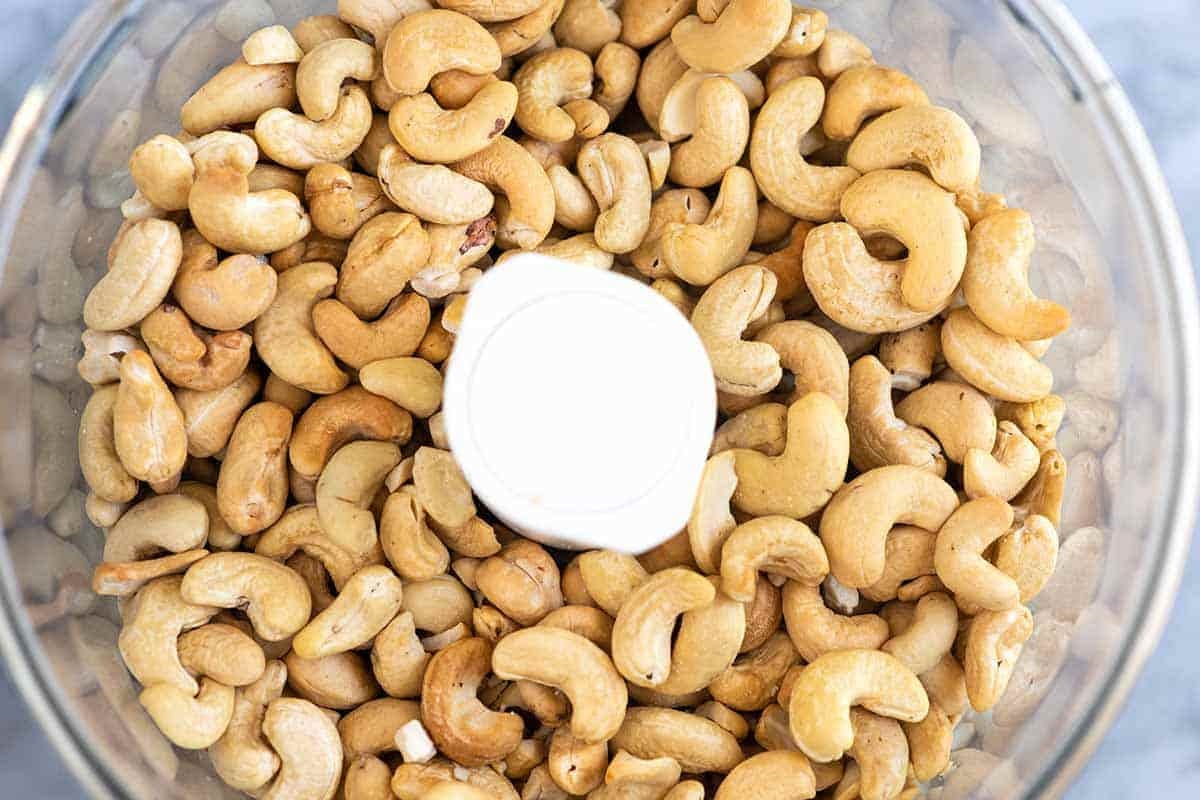
8. Sustainable and Environment-Friendly Practices:
Sustainable farming practices are gaining importance in the cashew industry due to increasing environmental concerns and consumer preferences. Cashew producers in India are adopting methods such as organic farming, water management techniques, and waste utilization to promote sustainable and eco-friendly cashew cultivation. These practices not only benefit the environment but also contribute to the marketability of Indian cashews globally.
To support these initiatives, the government encourages the adoption of sustainable practices through incentives, awareness campaigns, and partnerships with organizations focused on sustainable agriculture. This focus on sustainability further strengthens India’s position as a reliable and responsible player in the global cashew market.
9. Market Challenges:
While the cashew market in India holds immense potential, it is not without its challenges. Some of the key challenges include:
– Climate Change: Cashew cultivation is highly susceptible to the adverse effects of climate change, including irregular rainfall patterns, increased pest attacks, and temperature fluctuations. Climate-related challenges can impact the overall yield, quality, and profitability of cashew cultivation.
– Price Fluctuations: The cashew market is subject to price volatility due to factors like global demand-supply dynamics, currency fluctuations, and geopolitical factors. These price fluctuations pose challenges for cashew producers and exporters in terms of planning and forecasting.
– Infrastructure Bottlenecks: Inadequate infrastructure, particularly in rural areas where cashew cultivation is prevalent, can hamper efficient supply chain management and processing operations. Improvements in transportation, storage facilities, and power supply are required to address these bottlenecks.
– Access to Credit and Finance: Cashew farmers and processors often face challenges in accessing credit and finance for investment in equipment, technology upgrades, and working capital. Ensuring affordable and accessible credit facilities can support the growth and sustainability of the cashew industry.
– International Standards and Certifications: Compliance with international food safety standards, certifications, and regulations can be a challenge for cashew exporters. Keeping up with evolving standards and certifications is crucial to maintain market access and competitiveness.
10. Future Outlook:
Despite the challenges, the future of the cashew market in India looks promising. The country’s consistent production, advanced processing capabilities, commitment to sustainability, and growing domestic and international demand provide a strong foundation for the industry’s growth. By addressing the challenges effectively, including improving infrastructure, adopting advanced technologies, and engaging in marketing and branding initiatives, Indian cashew producers and exporters can strengthen their position in the global market and unlock further opportunities.
Conclusion:

The cashew market in India is witnessing significant growth and presents ample opportunities for cashew producers, processors, and exporters. With its position as the largest producer and exporter of cashew nuts globally, India can leverage its favorable climate, technological advancements, and government support to consolidate its position further. To capitalize on the market potential, the industry needs to address challenges related to supply chain management, price volatility, competition, and sustainability. By doing so, India can continue its success story in the cashew market and contribute to the economic growth of the country.
